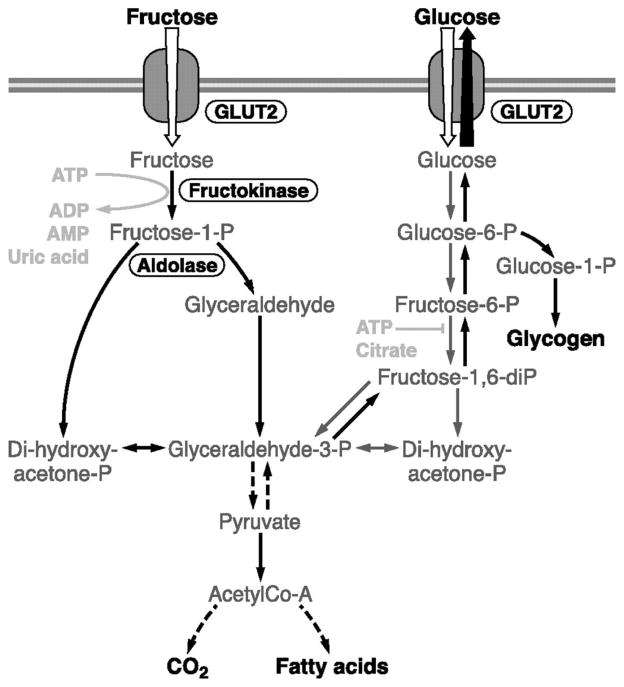Figure 2. Central Illustration: Fructose and Cardiometabolic Health: Sugar-Sweetened Beverages.
Putative biological mechanisms linking excess sucrose and HFCS intake from sugar sweetened beverages to the development of obesity, gout, diabetes and cardiovascular disease. Excess calories, incomplete compensation for liquid calories and high glycemic load lead to obesity. Increased diabetes and cardiovascular disease risk also occur independent of weight through adverse glycemic effects and increased fructose metabolism in the liver. Excess fructose ingestion promotes hepatic uric acid production, de novo lipogenesis, accumulation of visceral adiposity and ecopic fat, which ultimately increase diabetes and cardiovascular disease risk. HFCS, high fructose corn syrup.

